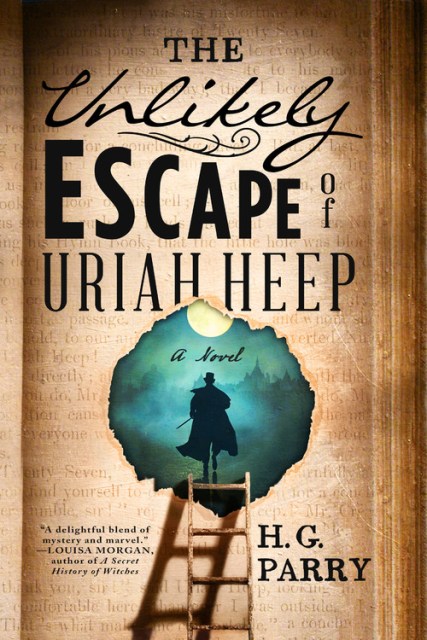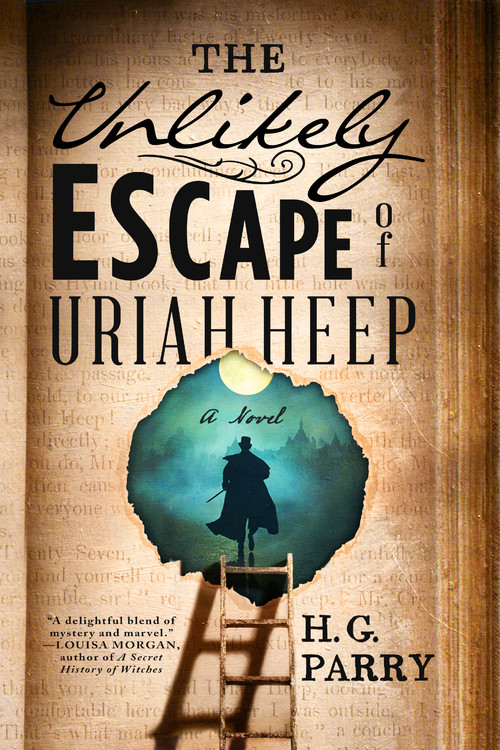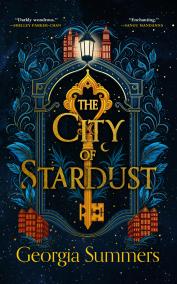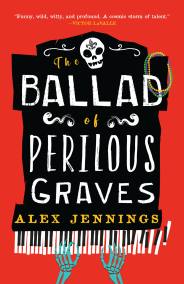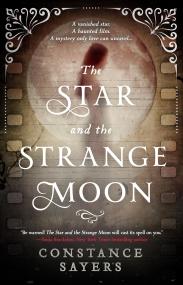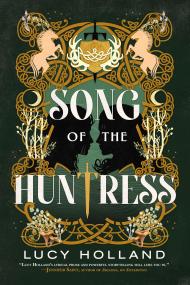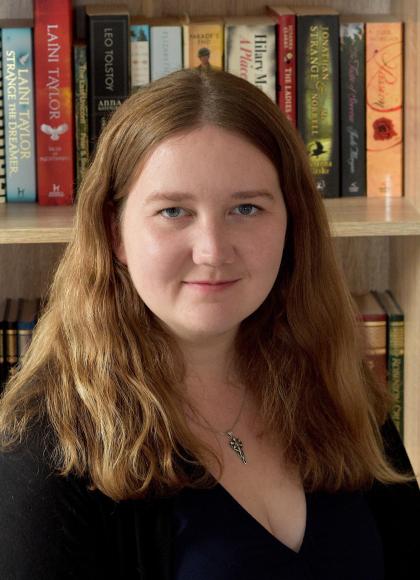Promotion
Use code MOM24 for 20% off site wide + free shipping over $45
The Unlikely Escape of Uriah Heep
A Novel
Contributors
By H. G. Parry
Formats and Prices
Price
$26.00Price
$34.00 CADFormat
Format:
- Hardcover $26.00 $34.00 CAD
- ebook $4.99 $6.99 CAD
- Audiobook Download (Unabridged)
- Trade Paperback $19.99 $25.99 CAD
This item is a preorder. Your payment method will be charged immediately, and the product is expected to ship on or around July 23, 2019. This date is subject to change due to shipping delays beyond our control.
Also available from:
For his entire life, Charley Sutherland has concealed a magical ability he can't quite control: He can bring characters from books into the real world.
But when literary characters start causing trouble throughout the city and threatening to destroy the world, he learns he's not the only one with his ability. Now it's up to Charley and his reluctant older brother, Rob, to stop them―hopefully before they reach The End.
Praise for The Unlikely Escape of Uriah Heep:
"A star-studded literary tour and a tangled mystery and a reflection on reading itself; it's a pure delight." ―Alix E. Harrow, Hugo Award-winning author
"This beautifully-written novel is an exploration of the power fiction wields — the power to inform and to change, even to endanger, our everyday world." ―Louisa Morgan, author of A Secret History of Witches
"Equal parts sibling rivalry, crackling mystery, and Dickensian battle royale, it'll be one of your most fun reads this year." ―Mike Chen, author of Here and Now and Then
For more from H. G. Parry, check out:
The Shadow Histories
A Declaration of the Rights of Magicians
A Radical Act of Free Magic
Genre:
- On Sale
- Jul 23, 2019
- Page Count
- 464 pages
- Publisher
- Redhook
- ISBN-13
- 9780316452717
Newsletter Signup
By clicking ‘Sign Up,’ I acknowledge that I have read and agree to Hachette Book Group’s Privacy Policy and Terms of Use
